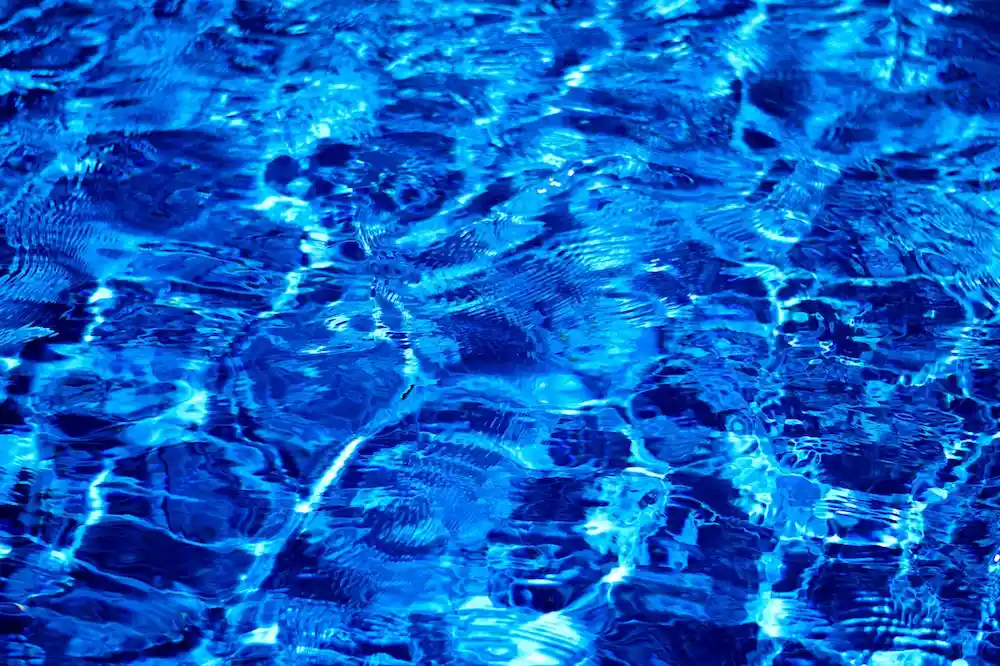Saltwater pools have gained popularity as an alternative to traditional chlorine pools – but there’s still a bit of mystery surrounding the name. Saltwater pools are not the same as seawater pools; rather, they still use a salt chlorination system to generate chlorine from salt within the pool water. There are specific maintenance requirements and not every pool is compatible with a saltwater system.
Let’s look at just a few saltwater swimming pool facts to help you better understand the benefits of saltwater pools – and if one is right for you.
Deep Dive: Saltwater Swimming Pools
The saltwater system in a saltwater swimming pool plays a central role in transforming ordinary pool water into a clean and refreshing swimming environment. Technically, saltwater pools are still chlorinated pools – they simply contain fewer chemicals leaving skin and hair feeling softer compared to traditional chlorine pools. From the advanced sanitization process to its low-maintenance design, saltwater swimming pools are becoming increasingly standard for residential swimming pools.
The Saltwater Swimming Pool Sanitization Process
Salt pools, whether they are vinyl swimming pools, concrete pools, or fiberglass pools, are still sanitized using chlorine. A salt chlorine generator turns salt into chlorine to sanitize the swimming pool water. The process, known as electrolysis, takes place in a salt cell that is part of the pool’s circulation system. As water passes through the cell and an electric current is applied, salt molecules are split into sodium and chlorine. This chlorine acts as a sanitizer, keeping the pool water clean and safe for swimming.
Chlorine produced from a salt chlorine generator is less harsh on skin and eyes and has no chlorine odors.
You Can Feel the Difference in a Saltwater Swimming Pool
Salt pool water is known for its silky-smooth feeling. The ocean’s salt water has a salt content of approximately 35,000 ppm. The salt in a salt pool has a low concentration of salt at 3,000 – 6,000 ppm. That is approximately 1/10th the level of salt in the ocean. This means that if you properly maintain your salt pool and keep the salt levels between 3,000 – 6,000 ppm with your control unit, the pool water will not taste salty at all.
Saltwater Swimming Pools Do Require Maintenance
It is very important that you still regularly balance the water in your salt pool. Just like a regular chlorine pool, a salt pool should maintain proper pH, Total Alkalinity, Calcium Hardness, and Stabilizer levels in order to prevent scale formations on your salt pool system and maximize sanitizing effectiveness. Test pool water on a weekly basis and use standard pool chemical procedures to adjust the levels.
Saltwater Systems Can’t Work in Every Pool
The salt in the pool water can lead to corrosion of certain materials, requiring careful selection of pool equipment and materials. The initial cost of installing a salt chlorinator system is typically higher than that of traditional chlorine systems, although many see it as a worthwhile investment in the long run.
Final Word on Saltwater Swimming Pools
Saltwater pools offer a unique and inviting swimming experience with advantages such as reduced skin and eye irritation, a more natural feel, and simplified maintenance. As with any pool type, understanding the care and maintenance requirements is essential before making any large investment.





